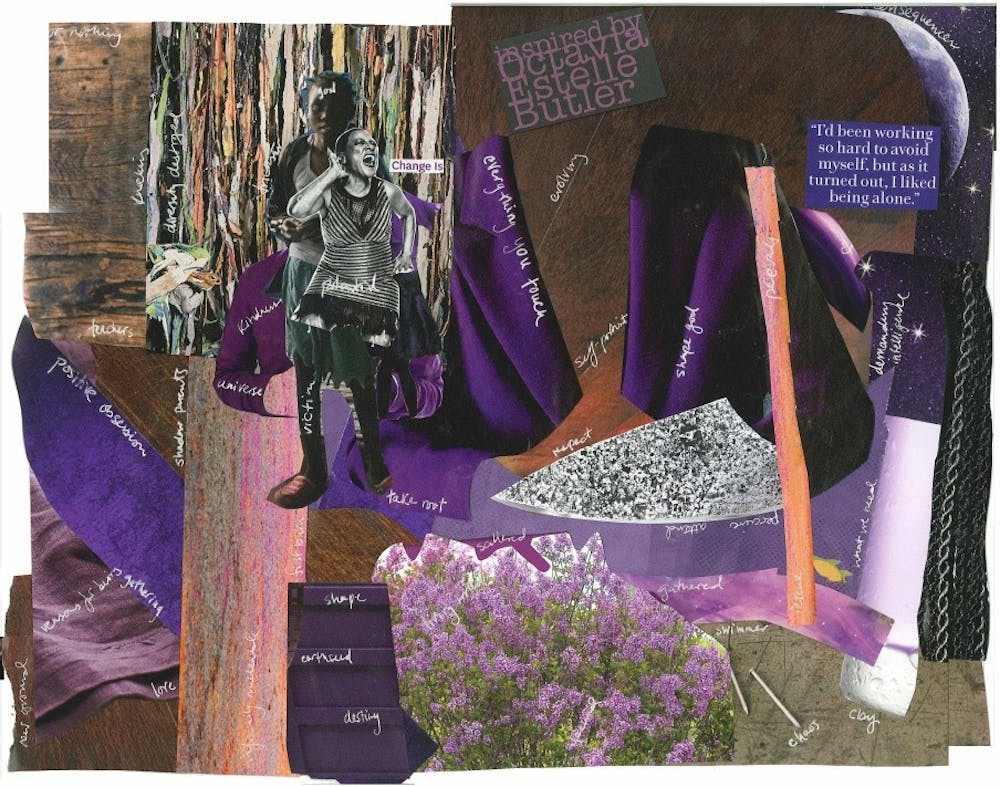An opera version of Octavia Butler’s novel “Parable of the Sower” is set to premiere at Memorial Hall on Thursday. As part of a free event series celebrating the premiere, co-creator of the opera and musician Toshi Reagon will be discussing Butler’s work and its meaning with poet and activist Alexis P. Gumbs.
The event, which will be held tomorrow at Gerrard Hall at 7 p.m., will be moderated by Dr. Danielle Spurlock, a UNC assistant professor in the Department of City and Regional Planning.
Spurlock, who got involved with the event after working with Reagon at a Durham non-profit called SpiritHouse, said the beauty of “The Parable of the Sower” is that it reflects today's society.
“You can see in ‘Parable of the Sower’ where societal decay that seems possible within our current context could get us to the place that Octavia is describing — where people have to purchase water because of environmental degradation and where they’re making choices about the contact of police because of public service cutbacks,” Spurlock said. “It’s in many cases defining what I hope to be the other extreme of where society is looping toward, but at the same time what could happen with major public policy failures.”
Spurlock added that looking into the future and envisioning is a large part of planning, and said she hopes that people can gather that takeaway from the event to use in their own lives.
Gumbs said that the impact of Butler’s work, especially in the field of science fiction, is huge. She hopes people can realize how relevant her message is in our current society.
“Communities rereading or reading the parable series is important now because we do have an opportunity to do things differently, collectively," Gumbs said. "We don’t have to just wait for all of these things to actually happen, since they do kind of represent the worst possible outcomes.”
Gumbs also said she thinks Reagon’s use of the tradition of Black music to further the message of “Parable of the Sower” is going to make people benefit even more from the story’s meaning.
“I think the brilliant thing about Toshi adapting this into an opera is that she really does believe that it’s urgent for people to kind of take the message from this book and use it to live differently and respond and do things together,” Gumbs said. “The main character of "Parable of the Sower" is trying to find a way to communicate the vision that she has of what needs to change in her community. It’s almost as if Toshi’s taking off where the protagonist leaves off in terms of creating this opera.”




